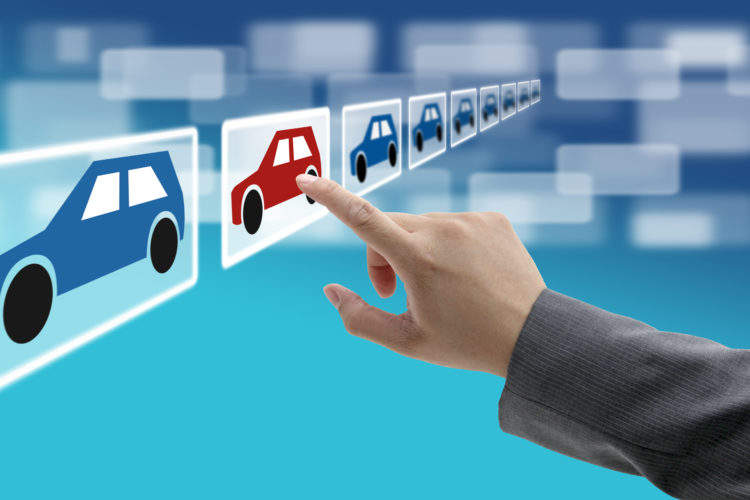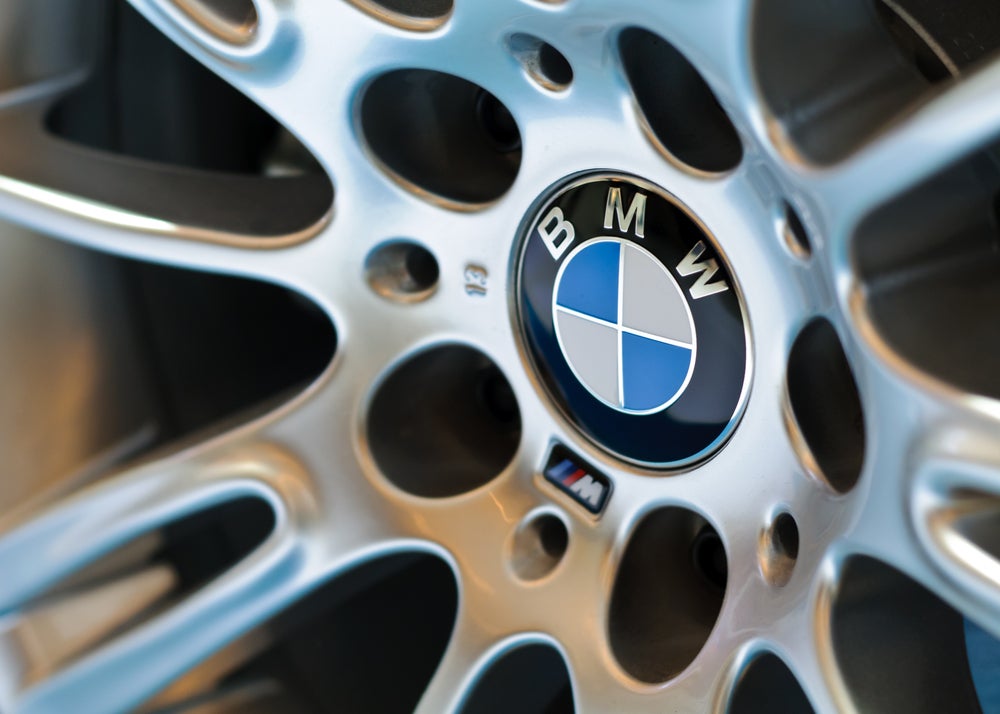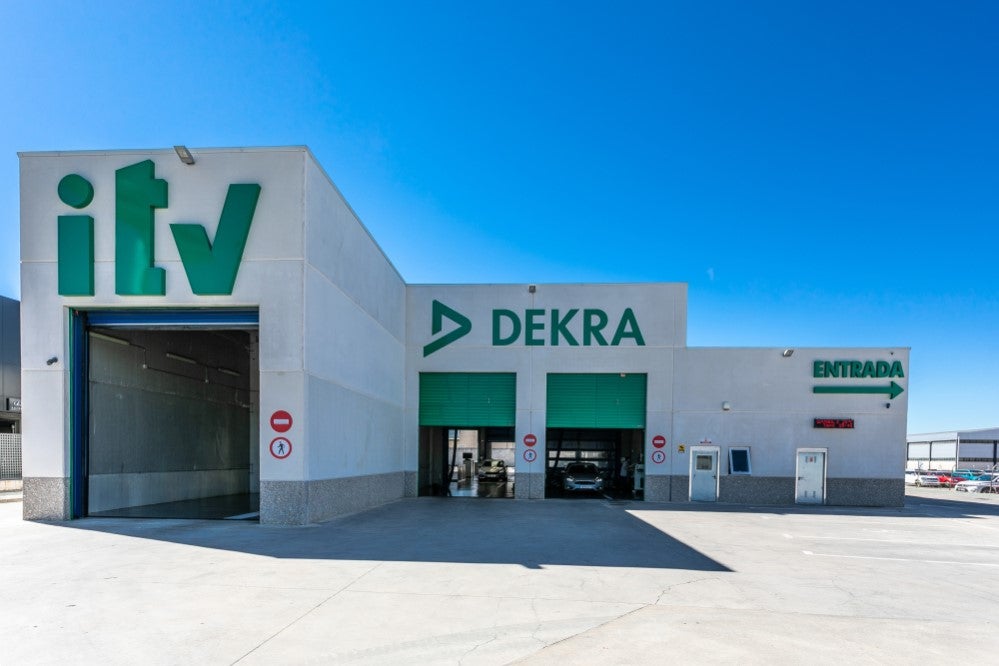
Volkswagen and Renault have signalled intentions to work with third party technology providers to help develop autonomous vehicles.
Volkswagen Group Research (VGR) has revealed it has ‘intensified’ its strategic partnership with automation company KUKA in the area of service concepts.
The two have signed a cooperation contract to joint develop robot-based innovation concepts for vehicles of the future.
VW said it sees autonomous automobiles and service robots as two subsidiary aspects of mobility in the future. They will be analysed jointly through the strategic partnership.
One of the aims of the research will be to develop robot-based innovations for all-electric and autonomous vehicles.
The new research will link up with an existing joint research project between the two looking into collaboration between human and robots. The ‘e-smart Connect’ project included a new system for charging high-voltage batteries of electric vehicles produced by VW using KUKA robots.
How well do you really know your competitors?
Access the most comprehensive Company Profiles on the market, powered by GlobalData. Save hours of research. Gain competitive edge.

Thank you!
Your download email will arrive shortly
Not ready to buy yet? Download a free sample
We are confident about the unique quality of our Company Profiles. However, we want you to make the most beneficial decision for your business, so we offer a free sample that you can download by submitting the below form
By GlobalDataVW said it was planning a strategic e-mobility offensive in the course of realigning its drive strategy.
By the end of 2018, more than ten new electrified models will be launched on the market.
A further 30 models will follow by 2025. These will be all-electric battery-powered vehicles. In parallel, Porsche will manage the ongoing expansion of infrastructure for quick-charging stations.
Renault
Separately, Groupe Renault has agreed to work with motorway operator Sanef to develop communications between autonomous vehicles and road infrastructure, and test on toll barrier crossing and work zone approach.
Mathieu Lips, leading the innovation programme, said: “Maximising safety for drivers, passengers and others with autonomous cars requires several stakeholders in both government and the private sector working together, each bringing unique expertise. Our goal is to work with Sanef to develop advances in safety and the right solutions to bring as soon as possible to customers the most comfortable travel in autonomous drive without interruption.”
The companies are working together to shape the car of tomorrow by integrating infrastructure, using the connectivity from car to car and to infrastructure (V2X) developed in the framework of the European SCOOP project.
This experimentation, taking place in France, with Renault Autonomous prototypes represents a first step, with the aim to extend cooperation to other countries.
Renault said an operation as simple as crossing a toll barrier or a road works zone, represents a major challenge for autonomous cars to provide continuous travel in eyes-off/hands-off mode. This is a challenge that Groupe Renault and Sanef are well on their way to solving in order to build a comfortable and easy driving experience.







